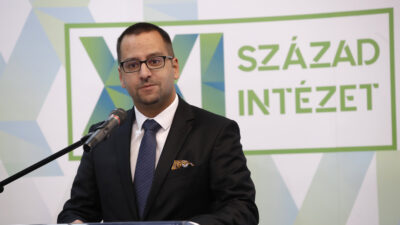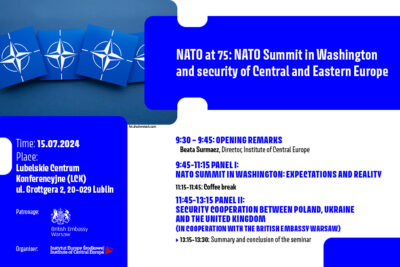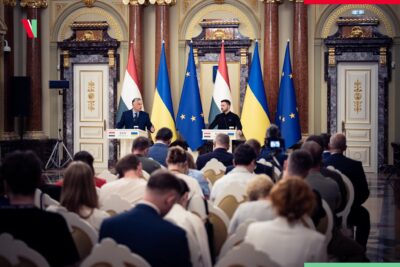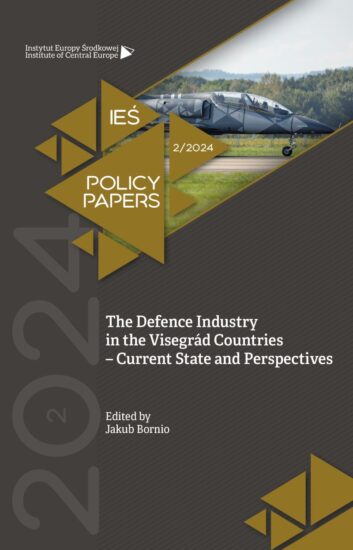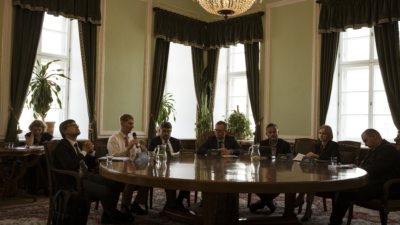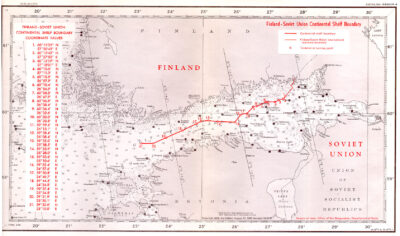Damian Szacawa participated in the CBSS Summer University in Tallinn / July 17th, 2024
Damian Szacawa, a senior analyst of the Baltic Team at IEŚ (Institute of central Europe) participated in the panel “Estonia, the CBSS presidency & the role of transnational democratic institutions” as part of the CBSS Summer University titled “Balticness in Transition: Exploring Identity and Resilience in the Baltic Sea Region.”The summer school was...
More →

